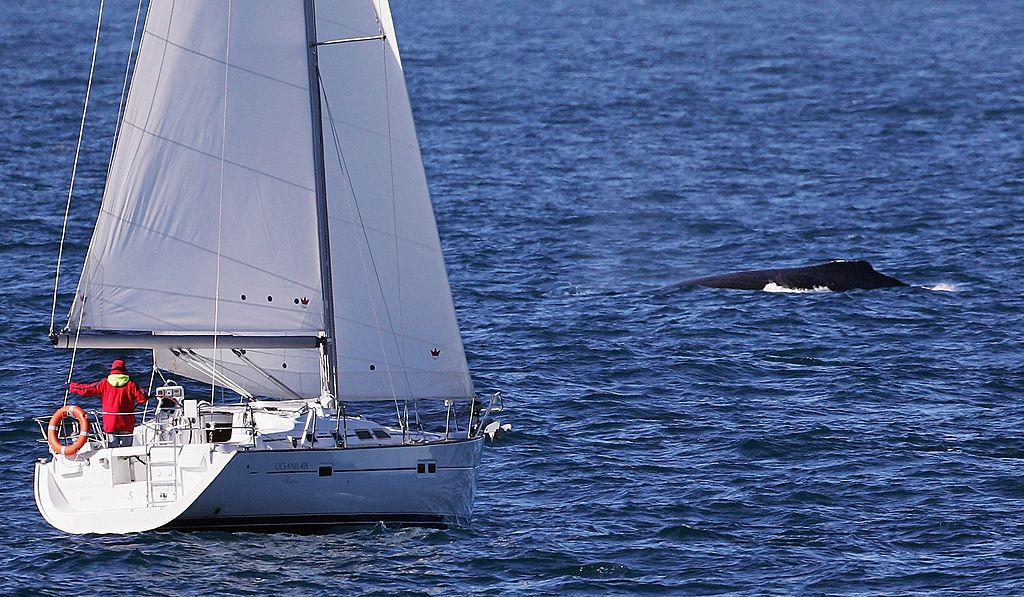Groundbreaking Wave Devouring Propulsion Concept Unveiled by Researchers at Cranfield University
In a recent development, researchers at Cranfield University have introduced a groundbreaking concept called Wave Devouring Propulsion (WDP), which offers promising potential for advancing sustainability efforts in the maritime industry.
The concept, which aims to harness the power of waves for ship propulsion while simultaneously reducing greenhouse gas emissions, draws inspiration from the structure and movement of whale tail fins, showcasing the innovative parallels between nature and technology in addressing environmental concerns.
The research team, led by Dr. Liang Yang, focused on unraveling the secrets of whale tail fins in effectively utilizing wave energy for propulsion. By combining simulations and experiments, they successfully integrated a simplified version of the whale’s tail fins’ action into a ship’s power system, laying the foundation for a novel approach to marine propulsion.
Dr. Liang Yang, a lecturer in marine renewable energy systems at Cranfield University, expressed the transformative potential of WDP in advancing maritime sustainability. He emphasized the positive impact of such technology in propelling ships using the boundless energy of waves, while also aligning with carbon reduction targets and sustainable development goals within the shipping industry.
Furthermore, WDP technology offers a range of advantages, making it a compelling solution for the marine industry’s quest for greener alternatives. These benefits extend to reducing fuel costs, enhancing marine craft propulsion, and its versatile applicability in various vessels, including small, unmanned crafts. It can also seamlessly integrate into hybrid propulsion systems, aligning with the broader sustainable development goals of the shipping industry.
The academic study led by Dr. Yang provides a comprehensive review of flapping foils for Wave Devouring Propulsion, detailing the technology’s theoretical, experimental, and numerical aspects. These studies showcase the efficiency and low resistance achieved by marine equipment equipped with a flapping foil system, emphasizing the potential for pollution-free propulsion of marine devices.
As the maritime industry pursues environmental sustainability, the revolutionary introduction of Wave Devouring Propulsion represents a pioneering step toward a more eco-friendly future for ship propulsion systems. The research team’s findings were published in the journal Renewable and Sustainable Energy Reviews, reaffirming the importance of innovative and sustainable solutions in the maritime sector.
The introduction of WDP technology inspires hope for a more sustainable and environmentally friendly approach to propelling ships and vessels in the maritime industry, reflecting a significant step forward in the journey toward achieving ecological balance.




